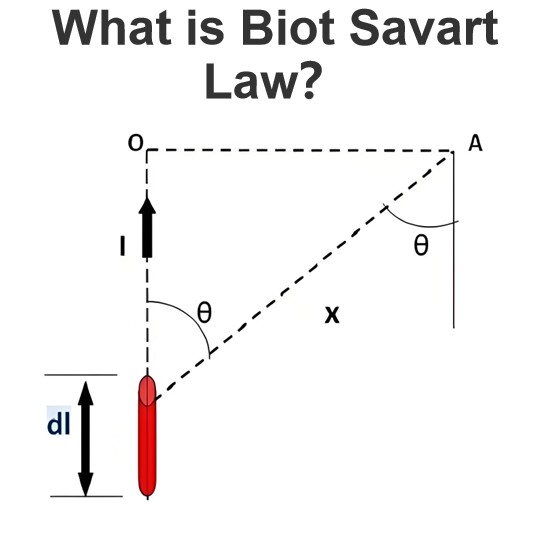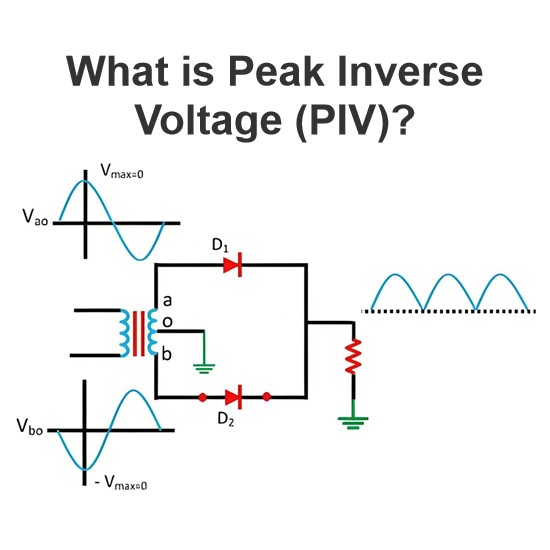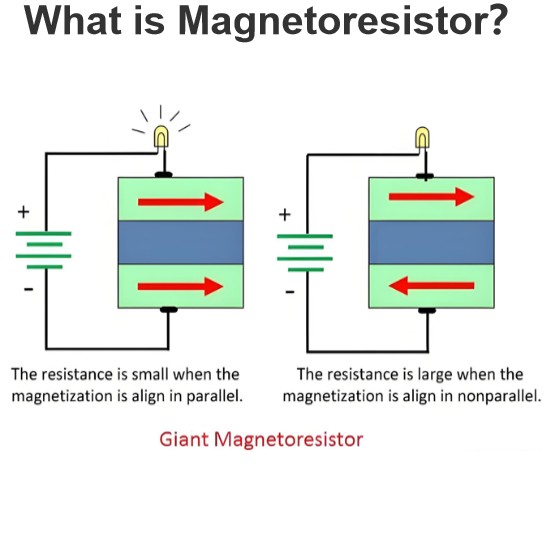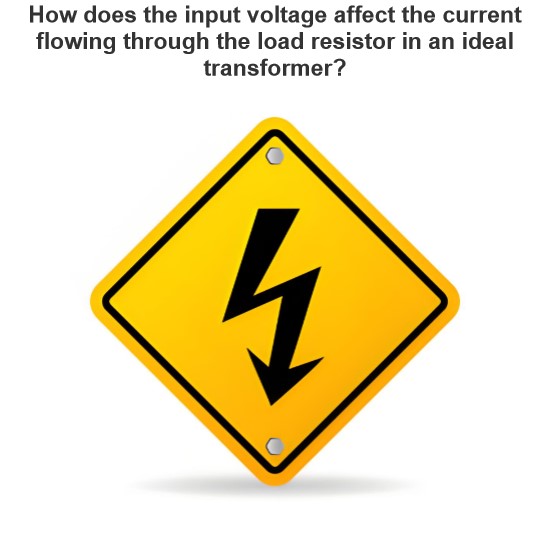The DC Voltage Source is short-circuited
Dc voltage source short circuit definition
A DC voltage source short circuit means that the positive and negative electrodes of the voltage source are directly connected through a very low resistance path, resulting in the current flowing directly back to the power supply without passing through the load. A short circuit is a very serious condition that can lead to a variety of adverse consequences. The following are the possible consequences of a short circuit of a DC voltage source:
Extreme current
In a short circuit, the voltage provided by the power supply will all act on a very low resistance (usually close to zero), resulting in a sharp rise in current. According to Ohm's law (V=I⋅R), when the resistance R is close to zero, the current I will become very large.
Severe fever
Due to the large current, the wires and other connecting parts will quickly heat up. According to Joule's law (P=I 2⋅R), the product of current squared and resistance is the heating power. Therefore, even if the resistance is small, a large current will cause a large amount of heat to be generated.
Equipment damage
Power supply damage: A short-circuit current can cause a power supply (such as a battery) to overheat, or even explode or catch fire.
Connection device damage: Wires, connectors, switches, etc. may melt or burn due to overheating.
Protection device damage: Fuses, circuit breakers and other protective devices may be damaged because they cannot withstand short-circuit current.
Safety hazard
Fire risk: Overheating wires and connectors can ignite flammable materials around them, leading to a fire.
Electric shock risk: A short circuit current may cause an electric shock to a person, especially if the short circuit occurs in an area easily accessible to the person.
System instability
A short circuit will cause the circuit to lose control, which may cause the entire system to be unstable or even completely failed.
Measuring equipment failure
If a short circuit occurs near a measuring device, such as a multimeter, it may cause damage to the measuring device or an incorrect reading.
Data is lost or damaged
If a short circuit occurs at the power input of a computer or other electronic device, it may result in data loss or damage to the device.
Coping measures
In order to avoid the harm caused by short circuit, you can take the following measures:
Circuit protection
Fuse: Install an appropriate fuse or circuit breaker in the circuit, which will disconnect the circuit once the current exceeds the set value.
Overcurrent protection: Use overcurrent protection devices (such as overcurrent relays) to detect and cut off excessive current.
Design optimization
Circuit design: Design the circuit reasonably to avoid the possibility of short circuit.
Wiring design: Wiring correctly, ensuring adequate insulation and gaps between wires.
Periodic inspection
Preventive maintenance: Regularly check whether the wires and connectors in the circuit are in good condition, and timely replace the aging or damaged parts.
Safety training
Employee training: Conduct safety training for relevant personnel, improve their safety awareness, and avoid short circuit caused by improper operation.
Sum up
A short circuit of a DC voltage source causes a very large current to pass through a path of very low resistance, resulting in serious problems such as heating, equipment damage, and safety hazards. In order to avoid these problems, it is necessary to take effective protection measures and strengthen security management.
The Electricity Encyclopedia is dedicated to accelerating the dissemination and application of electricity knowledge and adding impetus to the development and innovation of the electricity industry.













